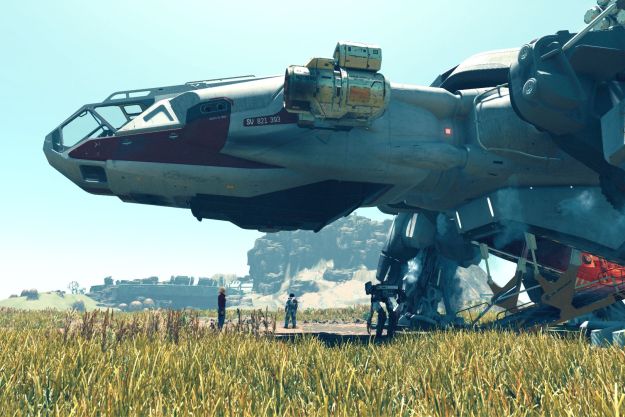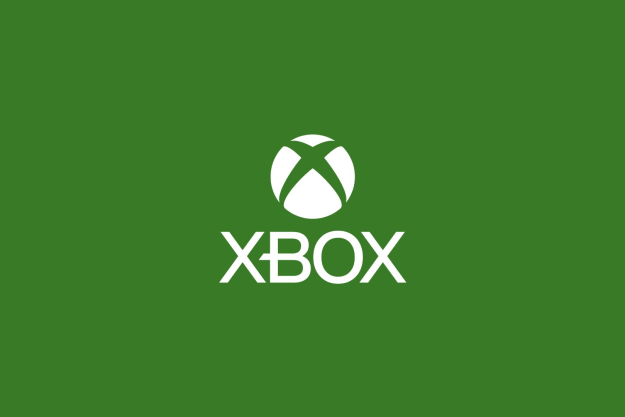Starfield was one of the most vital video game launches ever.
The last couple of years have been full of whiplash for Xbox fans, full of high highs and low lows. After a solid fall 2021 game lineup, 2022 was comparatively barren for first-party Xbox games. Microsoft then started the year on a strong note with Hi-Fi Rush’s surprise launch before crashing and burning with the disastrous release of Redfall, the first heavily marketed AAA game coming out from Bethesda after it was acquired by Microsoft. Starfield, a game that many were uneasy about due to its scope, would inadvertently become a make-or-break moment for Microsoft.
In May, I wrote that Starfield was “the most pivotal game for the future of the Xbox brand since Halo: Combat Evolved” because of what I thought was at stake if it failed. Well, Starfield just launched, and … it’s a hit. It’s not the genre-defining, industry-changing mega-RPG that some fans were lauding it as prerelease. However, it’s still an enjoyable sci-fi adventure that's receiving positive attention despite some drawbacks. And it's already earned over 1 million concurrent players across all platforms. Digital Trends gave it a three-and-a-half star review, writing, “though it can’t nearly deliver on Bethesda’s intergalactic ambitions, Starfield is an impressive space RPG filled with impactful decisions.” On Steam, over 24,000 reviews are averaging a ‘Very Positive” consensus.
While not a total stunner, Starfield hasn't derailed Xbox or caused the public to lose faith in its first-party games; in fact, it has renewed some confidence. Reassessing Xbox’s future post-Starfield, it’s clear that it’s still reliant on something it has struggled with this entire console generation: consistency.
It’s all about consistency
Despite the success of Xbox Game Pass and some excellent first-party games like Pentiment and Hi-Fi Rush, Microsoft has struggled to establish consistency across messaging, game launch cadence, and quality. That has hurt it this console generation, where it has felt like Xbox has promised more than it's delivered despite several game company acquisitions and exciting announcements. It doesn’t help that Sony and Nintendo have been at the top of their game in regard to those things in recent years.
That’s ultimately what put so much pressure on Redfall and Starfield. They needed to pay off an expensive Bethesda acquisition and usher in a steady stream of new Xbox games. Perhaps that’s why the poor quality of Redfall felt like such a slap in the face for Xbox fans. What should’ve cemented a consistent Xbox first-party output instead highlighted all of its problems. This made Xbox’s situation heading into Starfield’s launch feel dire, even more so than it actually was in reality for a branch of a megacorporation like Microsoft.
But now Starfield is here and people like it, even if it has some evident flaws. Starfield was neither the Redfall-level critical flop that would kill Xbox nor the 11/10 game some people expected. It’s just an entertaining RPG that Xbox players can lose themselves in and feel a little bit of console pride over. The vibes across the Xbox community are mostly positive right now, and Microsoft needs to maintain that feeling.
The weak first-party 2022 lineup and the rough state of Redfall left us wondering if the only thing Xbox was consistent at was disappointment, but Starfield and other recent efforts from Microsoft-owned studios indicate that this is not the case. Since Redfall, we’ve got a big Monkey Island-themed update for Sea of Thieves, an excellent remaster of Quake II, a solid Xbox Series X/S port of Age of Empires IV, and Starfield to show that Xbox’s studios are back on track. It’s up to the Xbox team to keep up that momentum after Forza Motorsport launches and the Activision Blizzard acquisition finally concludes this October.


